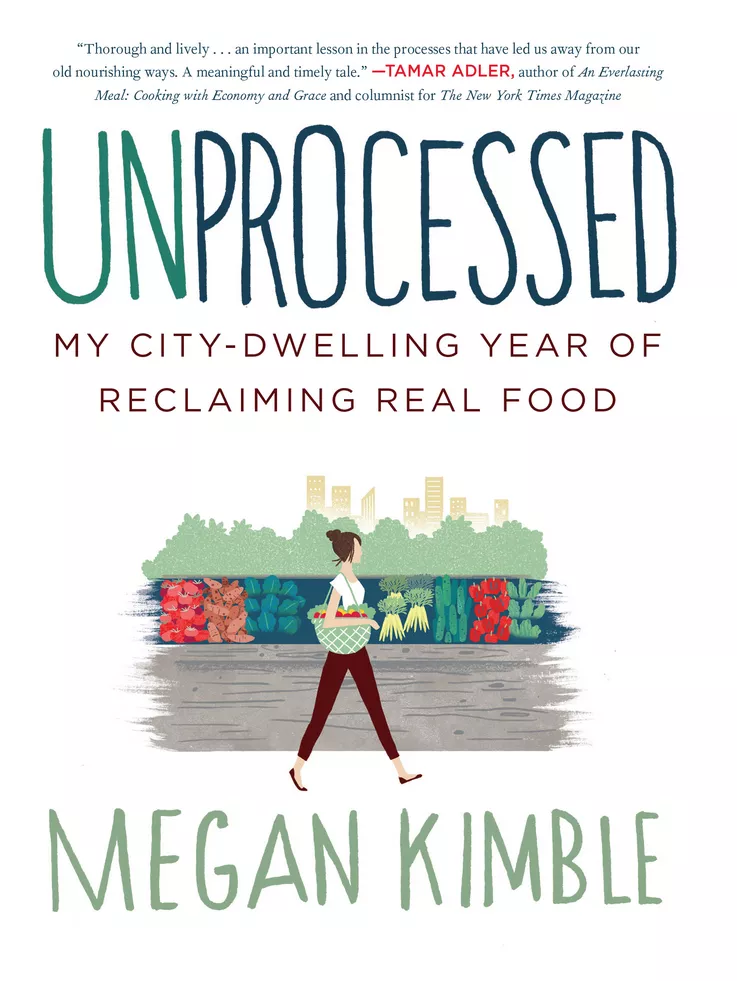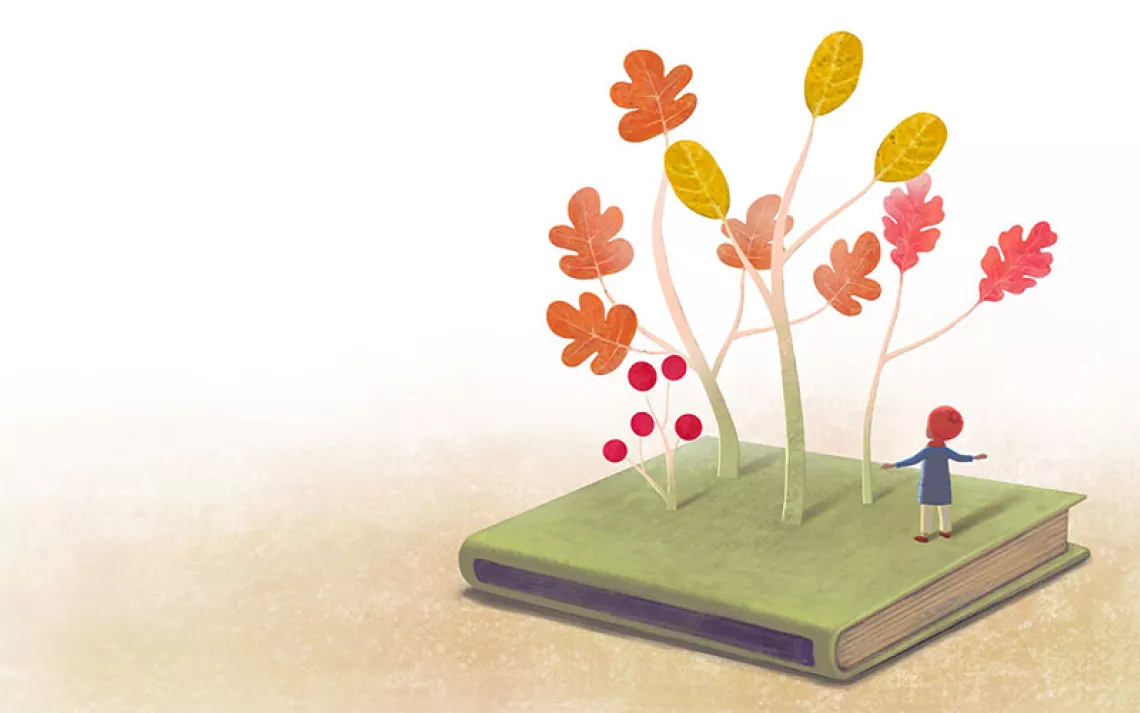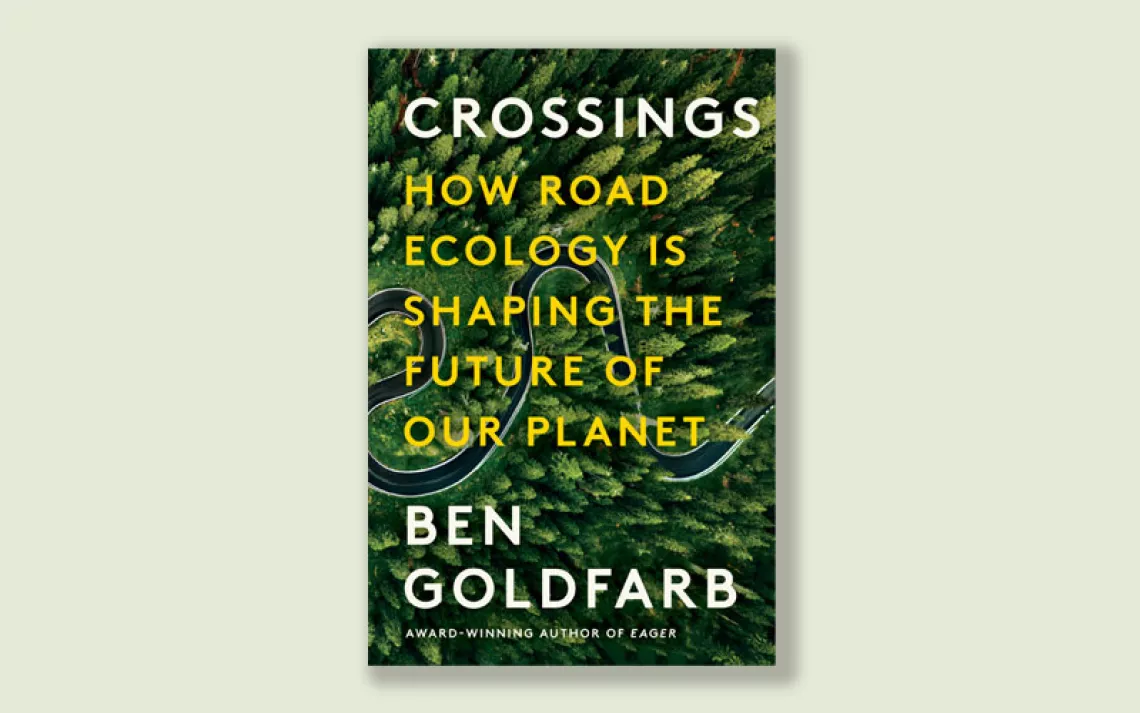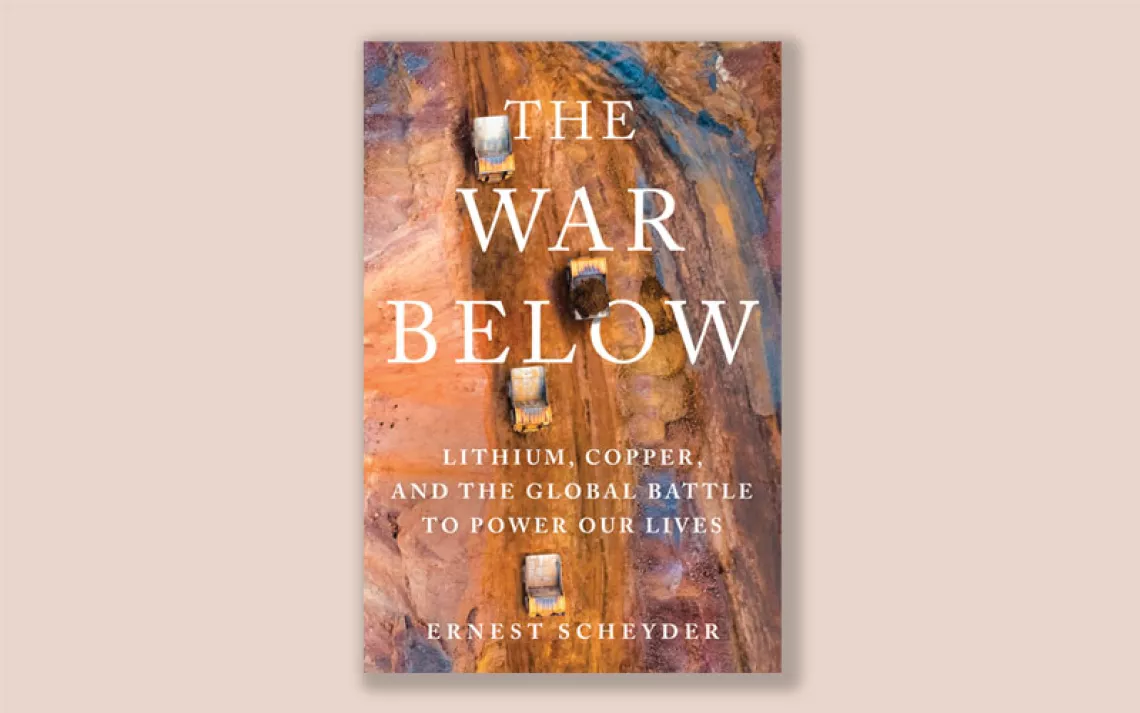My City-Dwelling Year of Reclaiming Real Food

Unprocessed: My City-Dwelling Year of Reclaiming Real Food, by Megan Kimble
One expects a book about giving up processed foods to be essentially a foodie’s journal of gonzo home cooking projects. Megan Kimble’s debut Unprocessed: My City-Dwelling Year of Reclaiming Real Food serves up plenty of that as she mills wheat berries into flour, boils the salt out of seawater, and strains oat milk from gruel.
But wait a minute, isn’t all of that a form of processing? For Kimble, there are processed foods and then there are overly processed foods that are high in mysterious additives and manipulated in ways that she can’t duplicate in her own kitchen. So milk is in, refined sugar is out. Since her goal is to impact not only her health and the environment, but also the local economy, Safeway is also out–and she’ll do it all on a graduate student’s salary of $16,000 a year.
In between the ensuing kitchen victories, Kimble explores everything from the history of sugar (in 6000 BC, she writes, the Persians called cane “the reeds that produce honey without bees”) to the science behind grocery store aisle design. She joins a food co-op and gets to know her local producers in Tucson, Arizona. During one surprisingly poignant field trip, she learns how to sharpen her butcher knife, and then slaughters and processes a sheep.
Kimble’s adventures in unprocessing reveal that even the seemingly real foods, such as milk, are complicated. Conventional milk can contain antibiotics, hormones, and pesticides. Plus it’s pasteurized. Conversely, raw milk is swimming with healthy microbes, but it’s $12 a gallon, and even organic cows are water-guzzling, methane-farting environmental disasters.
So what happens when you just can’t live without cream in your coffee? In grappling with these personal, day-to-day decisions, Kimble makes a thoughtful contribution to the greater conversation about how we go about changing the food system.
In the end, she balances her values with the pleasure and comforts of the table; she does the best she can. “Knowing what we know today, how can we do both—know and live? I’d found, of course, that the answer lives in the messy middle.”
Unprocessed: My City-Dwelling Year of Reclaiming Real Food, by Megan Kimble (William Morrow Paperbacks, 2015)
 The Magazine of The Sierra Club
The Magazine of The Sierra Club







